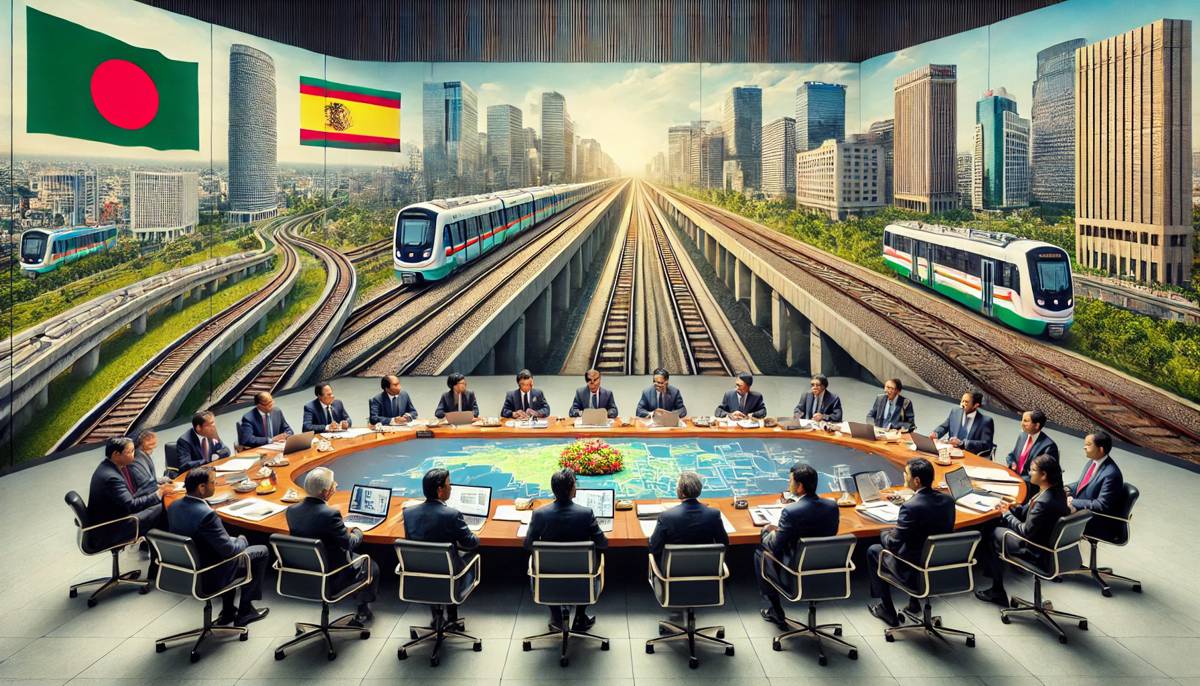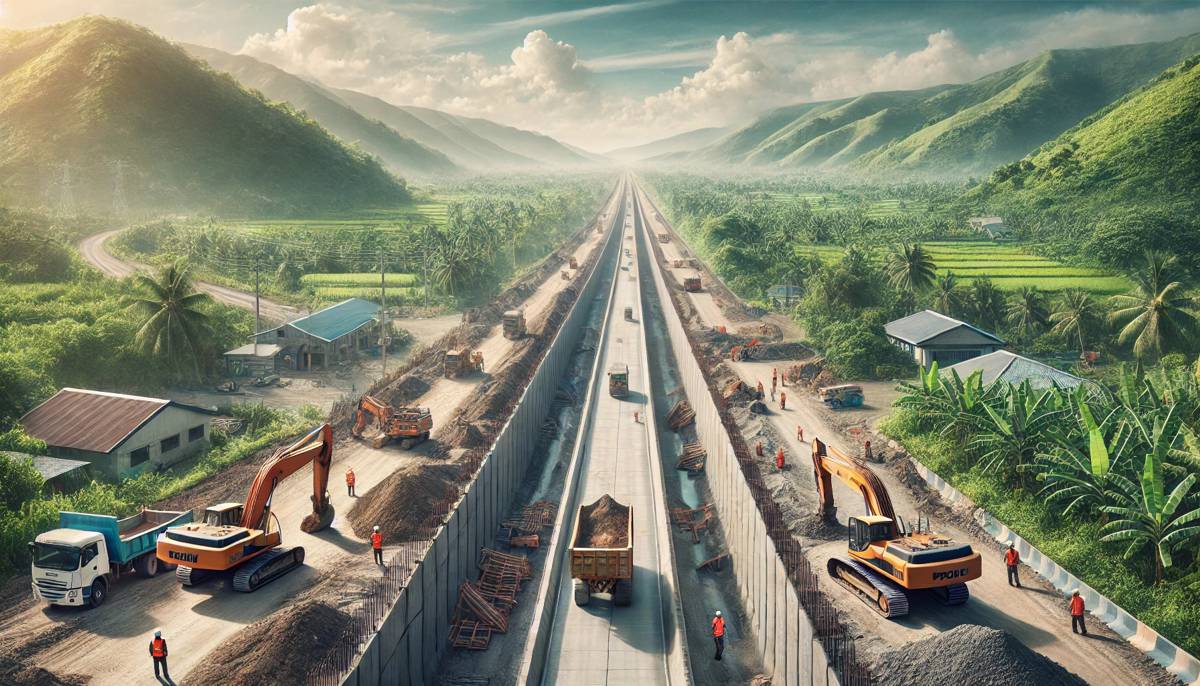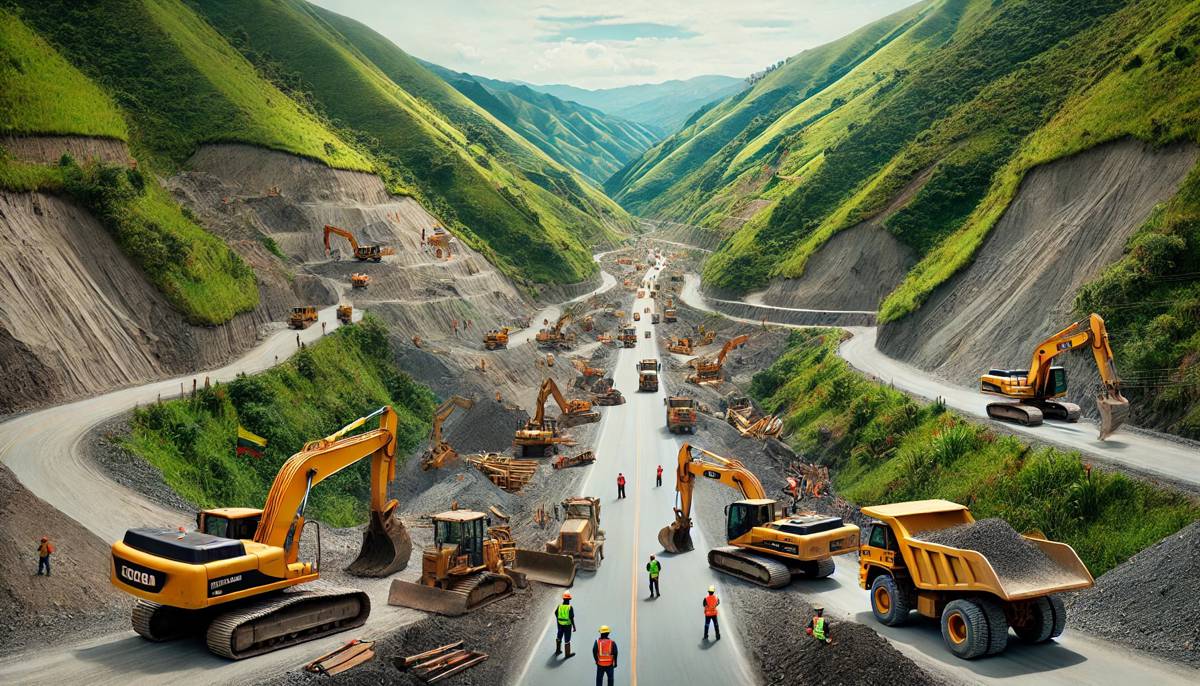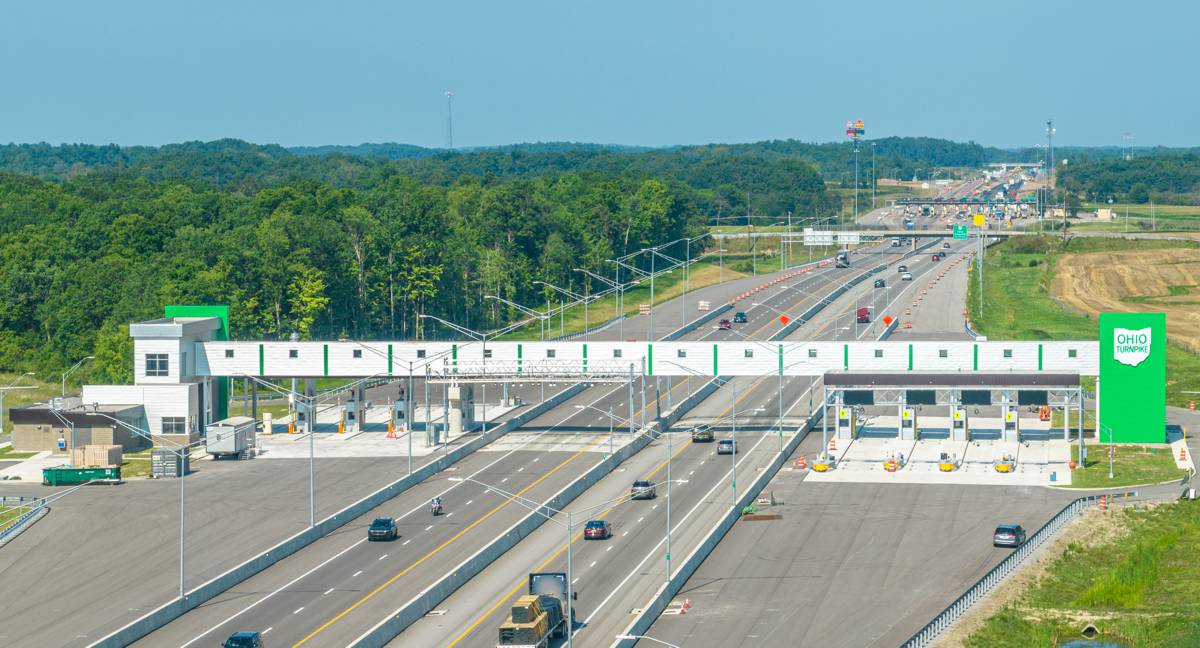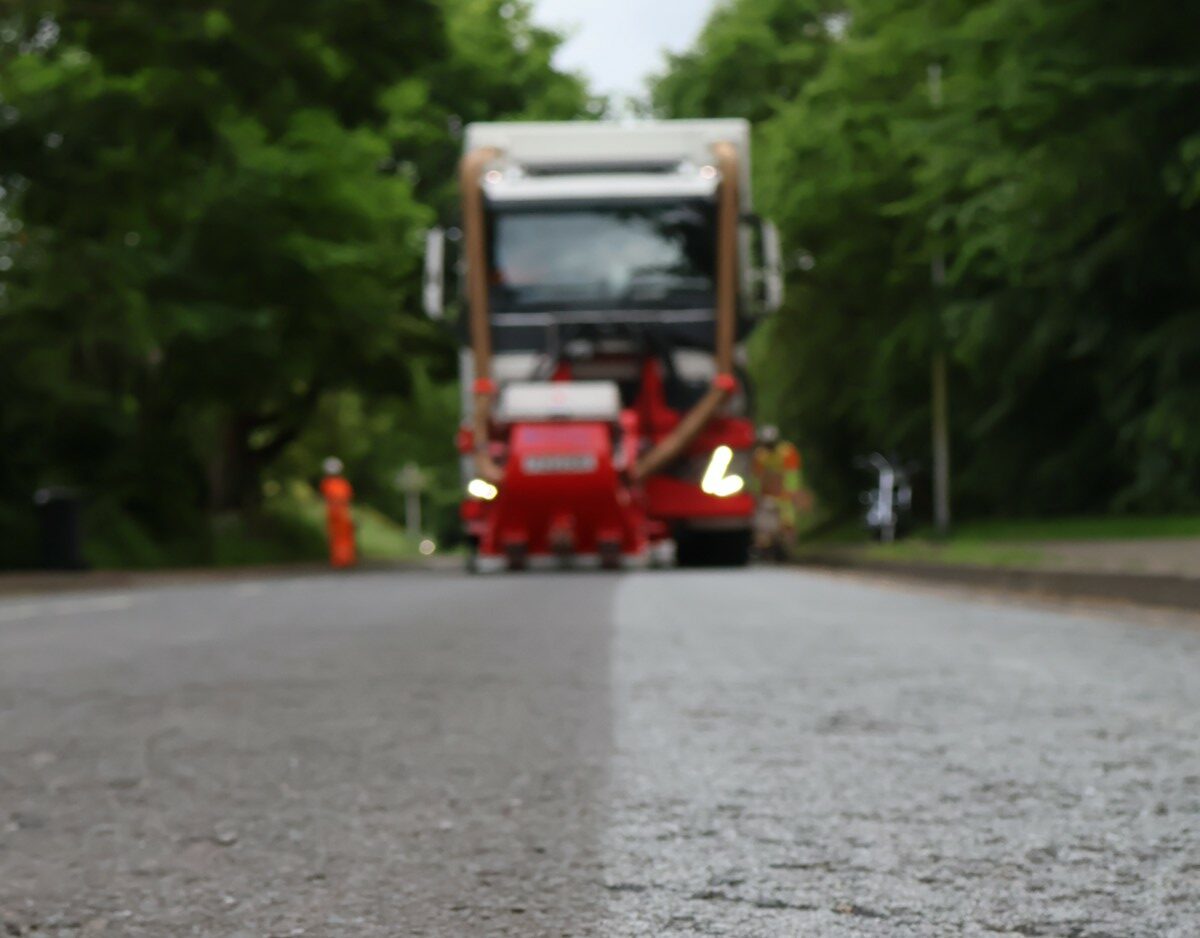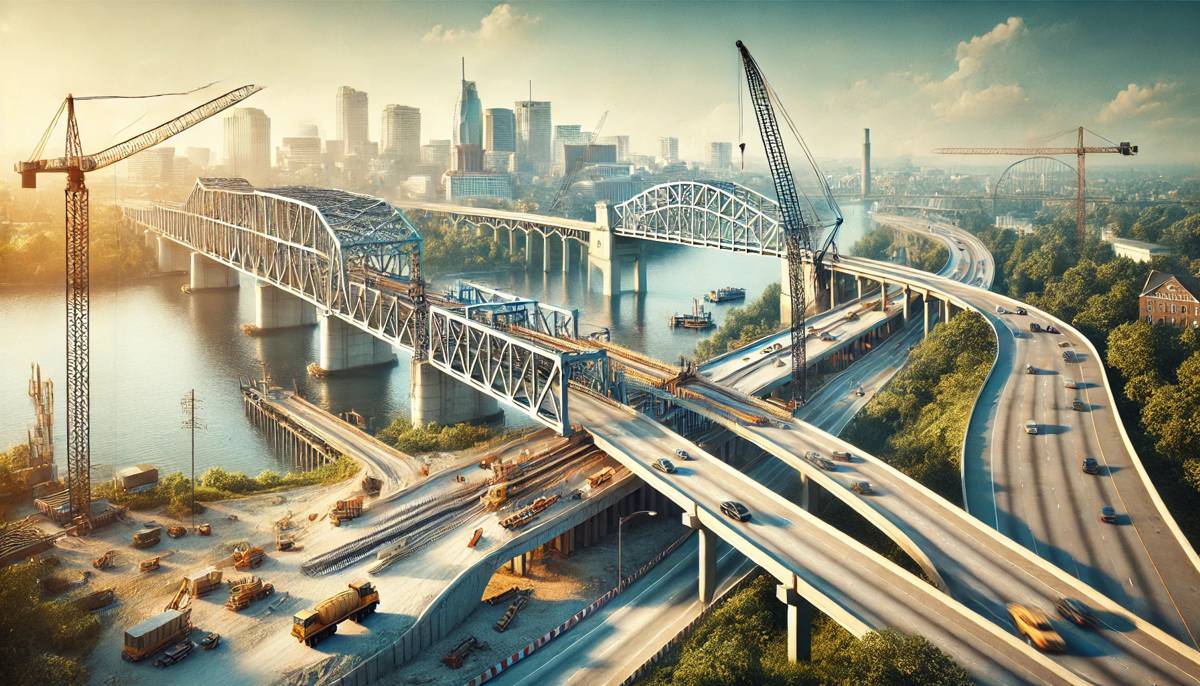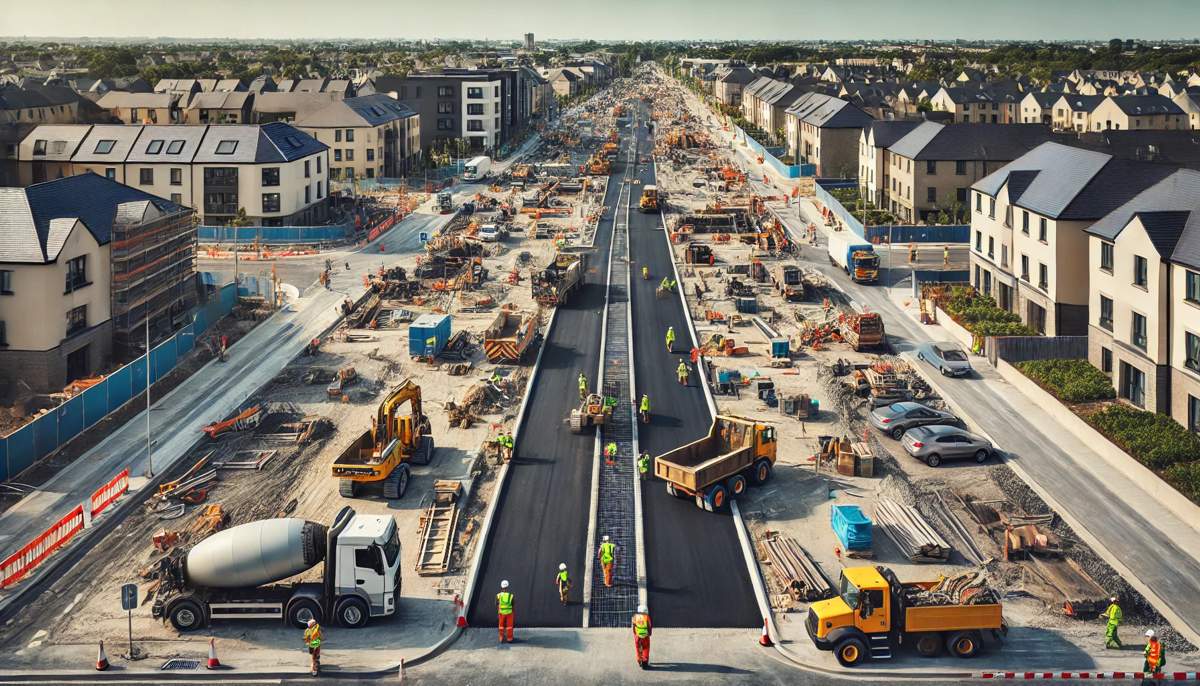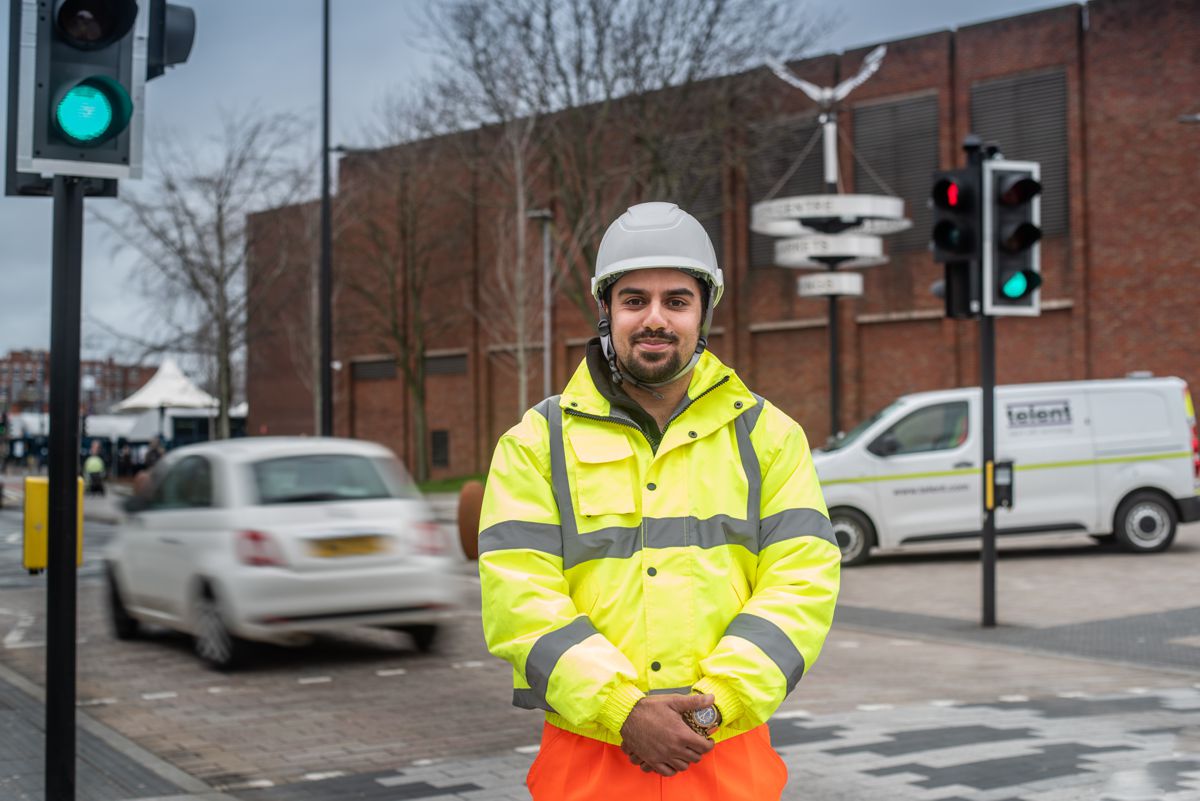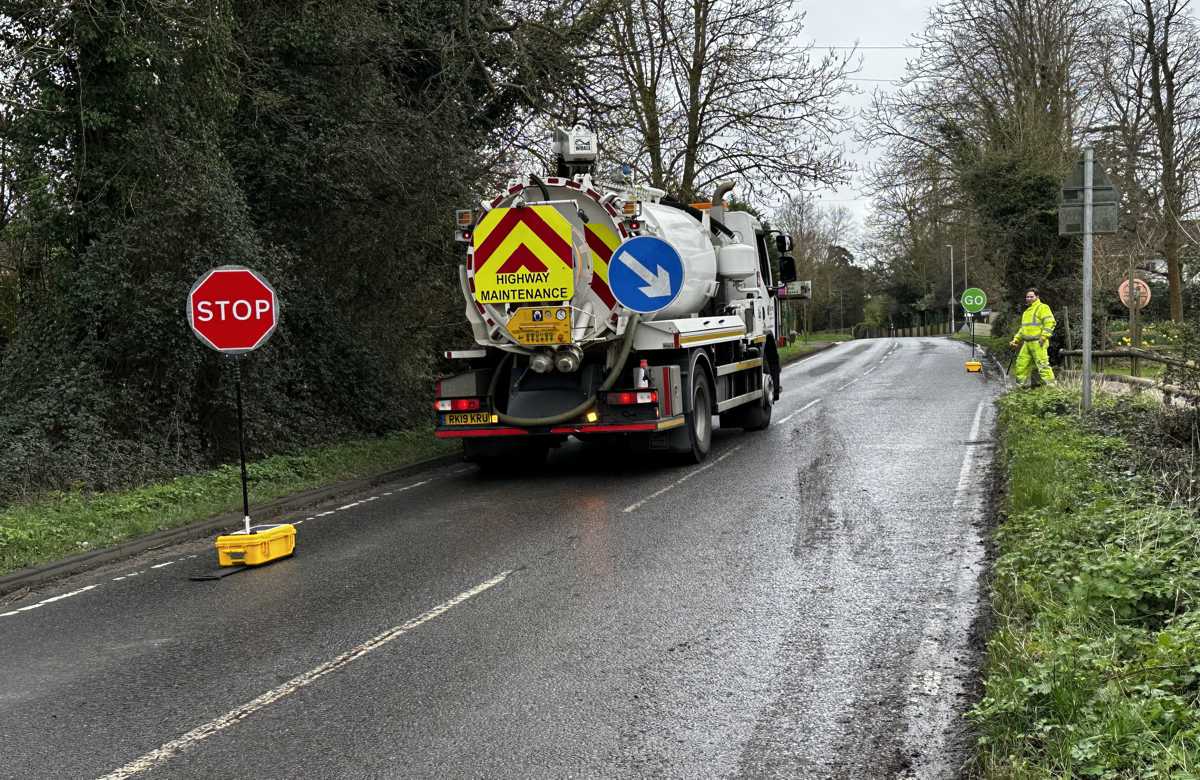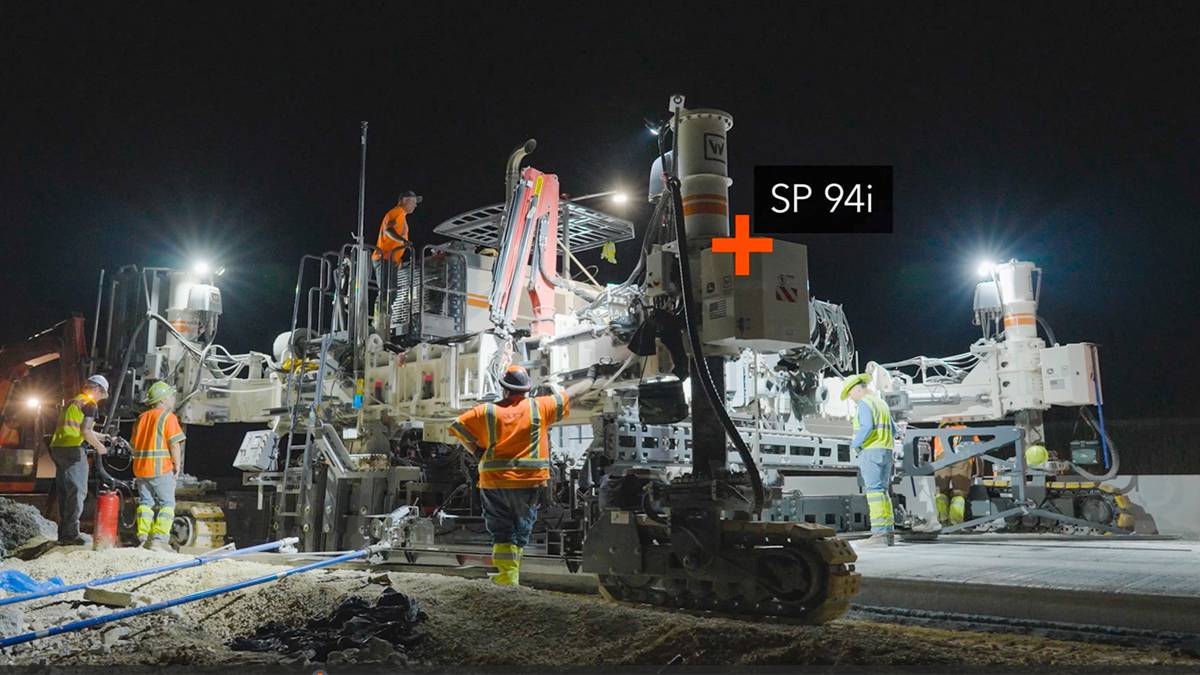ADB to boost transport and economic development in Vietnam’s mountainous Northwest
The Asian Development Bank (ADB) has approved a $188 million loan to improve and upgrade 198 kilometers of roads in Vietnam’s mountainous northwest region, which has the highest poverty rate in the country.
The improved roads, which will connect several remote areas of the region to the Noi Bai-Lao Cai Expressway, will boost the area’s trade with two neighbouring countries, the Lao People’s Democratic Republic and the People’s Republic of China (PRC). With climate-resilient features such as slope protection in areas prone to landslides and rockfalls, the project will provide the area’s population reliable access to basic social services, such as education, health care, job training, and emergency disaster relief.
“The project will help the Government of Viet Nam develop the region by enhancing agriculture, tourism, and border trade,” said ADB Principal Transport Specialist Mr. Witoon Tawisook. “It will also connect the underdeveloped region with the economic centres of the country, attract private investment, and create jobs for the local population.”
Viet Nam’s northwest region, which includes the provinces of Dien Bien, Hoa Binh, Lai Chau, Lao Cai, Son La, and Yen Bai, lags behind the rest of the country in economic and social development. The poverty rate is 45% in 2016, compared with 18% nationwide. The region relies on small-scale industrial companies, such as stone, lime brick, and metal ore exploitation and processing.
The provinces haven’t benefited from the backbone of the northwest region’s road network, the Noi Bai-Lao Cai Expressway, which is part of the Greater Mekong Sub-region (GMS) Kunming-Hai Phong Transport Corridor that connects the Ha Noi Region to the PRC’s Yunnan province. That’s because the national and provincial road networks are largely incomplete, and the condition of the existing roads is generally poor. The existing roads are also prone to natural disasters, such as flash flood, landslides, and wildfire, amid the challenges of global warming.
The project aims to help the region overcome those difficulties by ensuring high standards for road construction and addressing the risks posed by climate change. It will also run an awareness campaign for road safety to help the residents in these disadvantaged areas deal with increased traffic speed and volume on the expressway.
ADB is committed to achieving a prosperous, inclusive, resilient, and sustainable Asia and the Pacific, while sustaining its efforts to eradicate extreme poverty. Established in 1966, it is owned by 67 members—48 from the region. In 2017, ADB operations totalled $32.2 billion, including $11.9 billion in co-financing.



